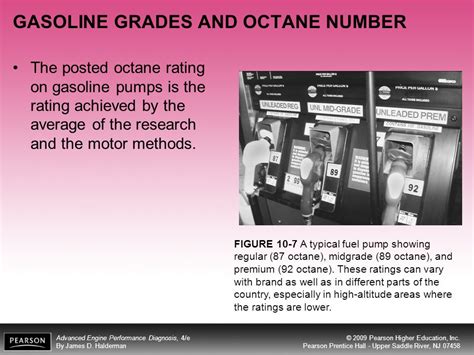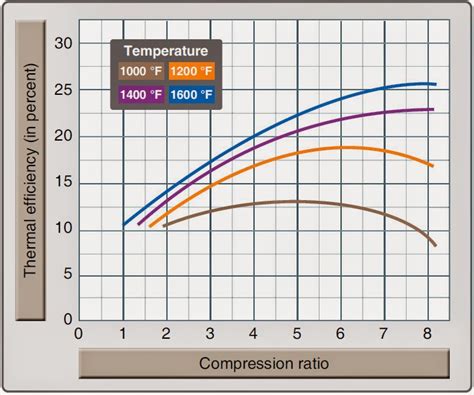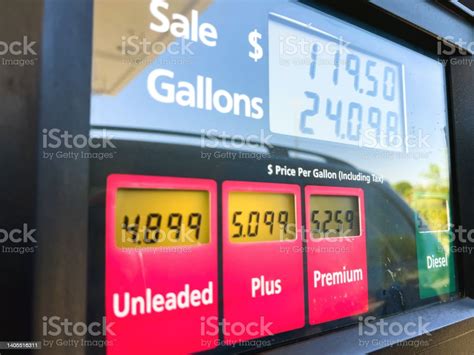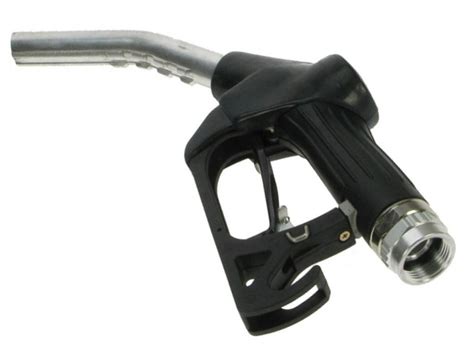For many drivers, the choice at the pump often boils down to a fundamental question: is premium fuel a performance enhancer or an expensive habit with no real benefit? The allure of higher octane numbers and the promise of a smoother, more powerful ride can be tempting. However, understanding the science behind fuel and engine design is crucial to making an informed decision that truly benefits your vehicle and your wallet.
Understanding Octane: More Than Just a Number
The primary difference between regular, mid-grade, and premium gasoline lies in their octane rating. Octane is a measure of a fuel’s resistance to “pre-ignition” or “engine knock” – a phenomenon where the fuel-air mixture ignites prematurely under compression, causing a knocking or pinging sound and potentially damaging engine components. Higher octane fuel is more resistant to this uncontrolled combustion.

It’s a common misconception that higher octane means more power. In reality, octane is about preventing improper combustion, not about adding inherent energy to the fuel. Think of it as a protective measure rather than a performance booster for all engines.
Engine Design and Fuel Requirements
Modern engines are highly sophisticated and designed to operate optimally with a specific octane level. Vehicles that explicitly require premium fuel typically feature high-compression engines, turbochargers, or superchargers. These design elements create higher pressures and temperatures within the combustion chamber, making them more susceptible to knock if lower octane fuel is used.
For such engines, using premium fuel is non-negotiable. The vehicle’s computer (ECU) is calibrated to expect the knock resistance of higher octane fuel. Using regular fuel in these engines can trigger the knock sensor, causing the ECU to retard ignition timing to prevent damage. While this prevents serious harm, it also results in a noticeable reduction in power and fuel efficiency.

The Myth of Universal Performance Boost
Here’s where many drivers fall into a common trap: believing that if premium fuel helps one type of engine, it must help all engines. This is largely untrue. If your vehicle’s manufacturer specifies “regular” (typically 87 octane) gasoline, using premium fuel (91 or 93 octane) will offer no discernible performance or efficiency benefits. Your engine’s ECU is programmed for 87 octane; it simply won’t know how to take advantage of the higher octane’s knock resistance.
In fact, for an engine designed for regular fuel, putting in premium is essentially burning money. The engine won’t produce more horsepower, achieve better fuel economy, or run cleaner. The detergents in premium fuel are generally the same as in regular fuel from the same brand, so there’s no added cleaning benefit either.

When to Choose Premium and When to Stick to Regular
Always Use Premium If Your Manufacturer Recommends It
If your car’s owner’s manual or the fuel cap explicitly states “Premium Fuel Only” or “91+ Octane Recommended,” then always abide by this. This recommendation isn’t optional; it’s essential for the longevity and performance of your engine. Ignoring it can lead to reduced performance, potential engine damage over time, and diminished fuel economy.
Some vehicles might state “Premium Recommended” rather than “Required.” In these cases, the engine can adapt to regular fuel, but you might experience a slight dip in performance or efficiency, especially under heavy loads or extreme temperatures. It’s a personal choice based on performance preference versus cost savings.

Stick to Regular If Your Manufacturer Specifies It
For the vast majority of vehicles on the road, regular 87 octane gasoline is perfectly adequate and precisely what the engine is designed for. There’s no scientific basis for believing that premium fuel will make these engines perform better, last longer, or be cleaner. You’d simply be paying more for a benefit your engine can’t utilize.
The best advice comes directly from the engineers who designed your vehicle. Check your owner’s manual. If it says regular, use regular. If it says premium, use premium. It’s that simple.

The Bottom Line: Smart Fuel Choices
Ultimately, the decision to use premium fuel should be based on your vehicle’s specific requirements, not on common myths or the desire for a perceived performance boost. For engines designed to run on regular gasoline, premium fuel is an unnecessary expense that won’t improve performance, fuel economy, or engine longevity. For vehicles that require or highly recommend premium fuel, using it is crucial to ensure optimal performance and prevent potential engine issues. Drive smart, save money, and let your owner’s manual be your guide at the pump.




